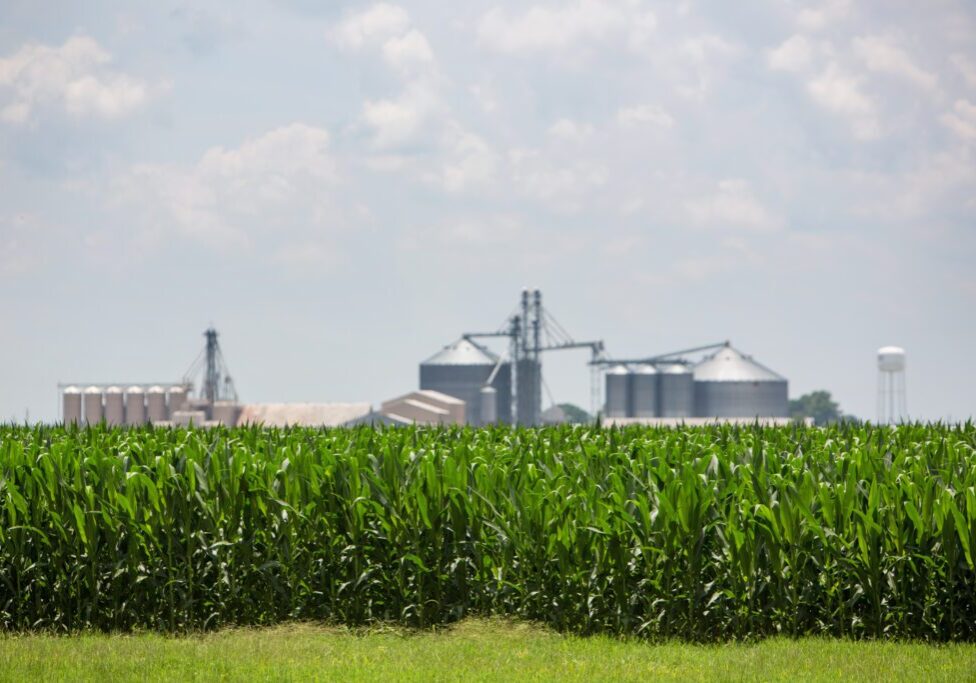Louisiana’s rural areas have faced economic struggles for decades as young people continue to seek better job opportunities elsewhere. Reversing this trend requires a holistic approach that includes improving health care access and upgrades to traditional and digital infrastructure. Marshall Pierite, chairman of the Tunica-Biloxi Tribe of Louisiana, writing in a guest column for the Times-Picayune|Baton Rouge Advocate, explains how his community is committed to revitalization:
Thoughtful economic development possesses the power to unite our communities under a shared purpose. This work is not solely an economic endeavor; it encompasses social and political aspects. Most importantly, it is essential for our survival. A thriving economy ensures opportunities and safeguards the preservation of our cultural heritage. By embracing purposeful economic development, we can transform this vision into a reality for every community in Louisiana.
Juvenile justice is still broken
A month after Louisiana reluctantly agreed to remove children from the state’s maximum-security adult prison at Angola, civil rights groups say kids are still being mistreated at their new facility. As The Times-Picayune |Baton Rouge Advocate’s Jacqueline DeRobertis reports, juvenile inmates are being maced, shackled while showering, and denied basic services such as education and counseling.
“The Jackson Parish Jail, although described as a ‘juvenile justice facility’ by [the Louisiana Office of Juvenile Justice], primarily houses adults accused of crimes and awaiting trial and, according to recent accounts, is subjecting children to near-constant confinement in windowless rooms next to detained adults in cells, exposing children to mace and other punitive practices, and depriving them of access to rehabilitative services and education,” wrote a coalition of civil rights groups led by the Southern Poverty Law Center in a letter to the U.S. Department of Education.
Fight over graduation appeal plan
Gov. John Bel Edwards and the state Board of Elementary and Secondary Education want to create a new pathway to high school graduation for Louisiana students who fail to meet minimum benchmarks on standardized tests. But Republicans on the House Education Committee disagree, and on Thursday they voted down the plan at the urging of top GOP leaders. But Edwards still has the final word, and has 10 days to make a decision. The Times-Picayune |Baton Rouge Advocate’s James Finn reports:
The policy would give the appeal option to seniors who have demonstrated the knowledge and skills sufficient to graduate, but “struggle with difficulties related to standardized assessments” — such as English language learners and students with other “learning challenges,” according to BESE. To be eligible for an appeal under the rule, seniors must complete unit requirements; demonstrate they understand lesson content by means other than testing; or demonstrate they can qualify for a job, among other things. Schools would grant or deny appeal requests, according to BESE, and students would still be required to take the LEAP test.
Only eight states require passing a standardized test to graduate. Of these, Louisiana is the only one without an appeals process.
Adding social services to Medicaid
In 2021, California’s Medicaid program began an ambitious plan to provide non-traditional health care services, such as housing and food, to the state’s massive homeless population. The Tradeoffs podcast examines the program, known as CalAIM, and the structure, growing pains and benefits of adding these social services:
Under CalAIM, the state’s Medicaid program now pays for 14 social services that have been shown to improve people’s health, including covering someone’s security deposit, delivering medically-tailored meals or providing a safe place to sober up. CalAIM also created a new benefit, known as enhanced care management, to help people navigate all of the complex medical and social service bureaucracies.
Number of the Day
40th – Louisiana’s national ranking for population growth from 2010 through 2020. The Pelican State’s population grew by an equivalent of 0.27% each year during that time, compared to the 50 state median of 0.55% per year. (Source: Pew)
